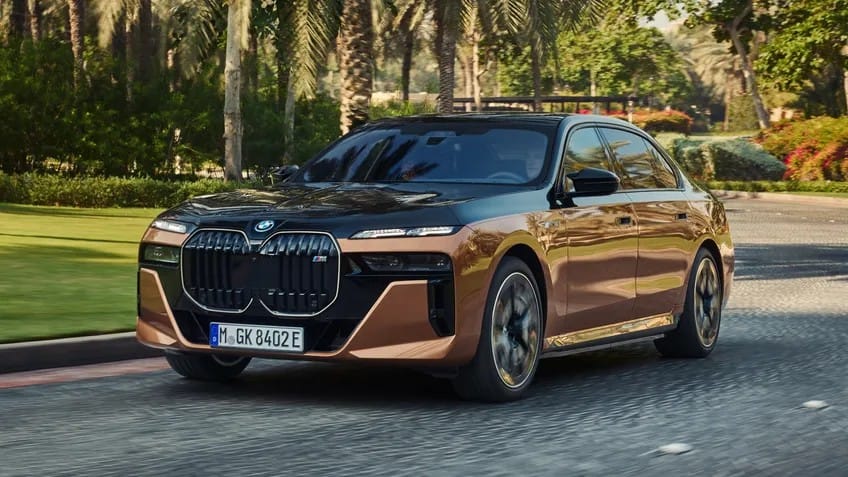The UK’s electric vehicle (EV) transition is facing serious challenges, and Jaguar Land Rover (JLR) has issued a warning about possible job cuts and investment problems. Several factors, including the Zero Emission Vehicle (ZEV) mandate, tax hikes on EVs, and weak consumer demand, are making things difficult for car manufacturers.
With stricter regulations and financial burdens increasing, the question remains—can the UK stay on track with its EV goals?
ZEV Mandate: A Big Challenge for JLR Car Manufacturers
The UK government has introduced the Zero Emission Vehicle (ZEV) mandate, which requires carmakers to meet specific sales targets for electric vehicles. In 2025, manufacturers must ensure that 28% of their total car sales come from EVs. This percentage will continue to increase in the coming years.
However, experts predict that the actual EV market share in 2025 will be around 23.7%—falling short of the government’s target. If companies fail to meet these targets, they will face heavy fines of £15,000 per non-compliant vehicle.
While some manufacturers, like Tesla, are already ahead in EV production and can meet the targets, others, including traditional automakers, are struggling due to a lack of EV models. The government is considering some flexibility in the rules, but manufacturers remain concerned.
EV Tax Hikes and Falling Consumer Demand
Another major issue for the EV market is the increase in Vehicle Excise Duty (VED) starting in 2025. Currently, EVs are exempt from this tax, making them more affordable for buyers. However, under the new rules:
- EV models costing over £40,000 will face a tax of £3,110 over six years.
- There are no significant tax benefits for private buyers, unlike company car drivers who get lower Benefit-in-Kind (BIK) tax rates.
These tax increases might discourage people from buying EVs, making it even harder for manufacturers to reach their ZEV targets. Without strong financial incentives, many consumers might delay switching to electric cars.
Market Disruptions and Industry Challenges
The sudden shift towards EVs is causing uncertainty in the automotive market. Some of the key problems include:
- Unstable EV resale values: Many consumers are worried that EVs will lose value quickly, making them expensive to lease or resell.
- High servicing costs: The lack of trained technicians for EV repairs means higher servicing costs, discouraging potential buyers.
- Manufacturers struggling to adapt: Some car companies are finding it difficult to balance EV production, consumer demand, and regulatory requirements.
Despite these challenges, the EV transition also presents new business opportunities. Companies that strategically invest in EV technology, expand their product lines, and improve affordability could gain a competitive edge in the coming years.
What’s Driving EV Adoption in the UK?
Even with these difficulties, several factors are encouraging the UK’s shift towards electric vehicles:
- More affordable EV models: Many Chinese automakers are introducing low-cost EVs, making them more accessible to the average buyer.
- Improved battery range and charging speed: EV technology is evolving rapidly, reducing range anxiety (fear of running out of battery).
- Expansion of the UK’s charging network: More ultra-fast charging stations are being built across the country, making long-distance EV travel easier.
Government Support: Will It Be Enough?
The UK government is looking at ways to support the EV market and ensure a smooth transition. Some potential actions include:
- Financial incentives for buyers, such as tax rebates or purchase subsidies.
- Partnerships with Chinese EV manufacturers to bring more affordable models to the UK.
- Mandating more public charging stations, with rules requiring charging points every 60 km on major highways in Europe.
These steps could help boost consumer confidence in EVs and encourage more people to make the switch.
Conclusion: Can the UK Stay on Track?
The UK’s EV plans face serious roadblocks in 2025. The ZEV mandate, increased EV taxes, and slow consumer demand could slow down progress. JLR’s warning about job cuts and investment chaos highlights the urgent need for government intervention and industry collaboration.
If manufacturers, policymakers, and consumers work together to address these challenges, the UK can still achieve its EV goals. However, if these problems remain unresolved, the country’s electric vehicle dream could be at risk.
The next year will be critical for the future of the UK’s EV industry—will it succeed or fall behind? Only time will tell.
Is the UK’s EV Dream at Risk? Stay Updated with My Car Wisdom!
The EV industry like JLR is facing major challenges—job cuts, tax hikes, and investment uncertainty. Will the UK stay on track with its electric future?
Stay informed with My Car Wisdom for the latest updates on:
✅ EV industry trends & regulations
✅ Market challenges & opportunities
✅ Expert insights on the future of electric cars like JLR and many more.
Drive into the future with knowledge! Read more at My Car Wisdom 🚗⚡
Raja Yadav, the content writer at My Car Wisdom, brings a unique voice and style to our blog. With a knack for storytelling and a keen eye for detail, Raja ensures that every piece of content is informative, engaging, and easy to understand. His focus is on delivering high-quality articles that cater to both novice car owners and seasoned automotive enthusiasts.




